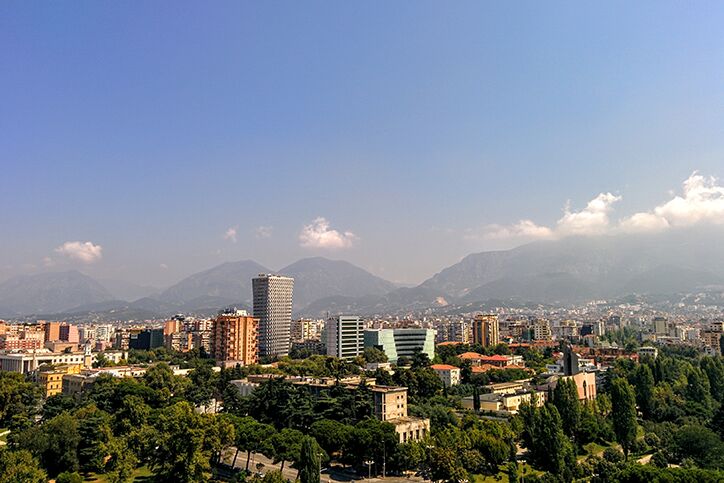Here in America and in most of Canada, we have funeral traditions that have stood the test of time for decades, even centuries.
But our traditions are vastly different from those in other countries and cultures.
This article looks at Albanian funeral traditions and is part of a series that highlights how different cultures care for their dead. Other parts of the series are about Cambodian funeral traditions and Annang funeral traditions, among others.
Note, these traditions may vary depending on the individual and their own beliefs.
Traditional Albanian Funeral
Traditional Albanian grave mounds can still be viewed today, dating back to 1650-1400 BCE. Albanians dug the pits into rock and had small stones at the bottom for the body to lie on. The grave walls contain timbers, clay, and other material slabs and dirt filled up the pit. The outside walls form a second circle with stones etched with elaborate artwork, resembling headstones. The deceased also had significant possessions — such as jewelry, hair pins or bronze weapons — buried with them.
Another type of traditional burial was Tholoi chambers, also known as beehive chambers. These chambers sunk into mountain edges with large stones arranged like a beehive. There is a small doorway to get into the burial chamber and an open triangle pointing upwards above the doorway. This is thought to symbolize the holy trinity or also possibly marking it as a spiritual site.
Today’s Albanian Funeral Rituals
Today, an Albanian funeral is at home or in a church. A close loved one may say a eulogy to honor the deceased. Sometimes the body sits up in a chair so loved ones can say their final goodbyes. Then, there’s a funeral procession to the graveyard for the burial. Albanians don’t typically practice cremation.
The burial usually occurs on the same day as the death or the day after depending on the time of death. Sometimes men have important items buried with them, such as a rife, cigar, or another significant item. A wooden cross may rest on the grave to protect the deceased from turning into a vampire.
Stones also may be placed to guide the deceased to the afterlife. According to the 2009 International Religious Freedom Report, Islam is the most common Albanian religion, with Christianity coming in second. Albanians believe people good at heart have an easy death, while others have a hard death. They also believe life leaves people through their mouth, so they leave coins in their mouth for their afterlife journey. They also may leave other supplies and food for the journey.
Traditional Albanian polyphonic music is common at significant events, like weddings and funerals, along with an antiphonal two-verse song. Men usually perform these songs and they’re more common in northern and southern regions of Albania.
Mourning Period
The mourning period typically lasts for 40 days after the death, but some rural areas still have traditional mourning rituals. These rituals include heavy wailing, cutting or tearing out hair, turning clothes inside out, and scratching your face to symbolize pain the deceased may have suffered. Females usually perform these rituals, or sometimes families hire professional female mourners.





Interesting post, but highly inaccurate.
Hi, how are real albanian funerals? I’d like to learn about your country and you can help me. Bye!
This couldn’t be farther from the truth. Im Albanian and have never heard of these unusual traditions… not sure where this information was obtained from!
Yeah, I’m Albanian and was just trying to look up
A prayer and ran into this. Definitely not true at all. “Tearing out hair and scratching faces.” This is the first thing that came up on my google search, and it’s insanely inaccurate. We cry very loudly and wear all black for years depending on how close of a family member that passed. We don’t even listen to music or dance at Weddings for at least a year after our family members passing. Thousands of people come to the funeral so that they can pray for the soul of the one who has passed. The more prayers the more likely you are to go to heaven. There’s a little glimpse of an Albanian funeral.
Hi my friend who is Albanian just lost his mother and I wanted to know what I can do to show My condolences